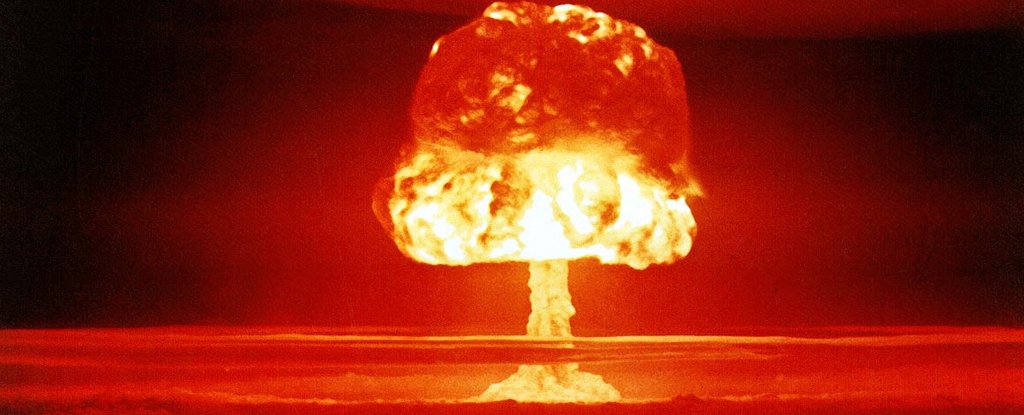GREAT WALL OF CHINA History of the Great Wall of China: The Great Wall of China is the national military defense project in the cold weapon war era with the longest time and the largest amount of construction in the world. It condenses the sweat and wisdom of our ancestors and is the symbol and pride of the Chinese nation. According to historical records, since the Warring States period, more than 20 vassals and feudal dynasties have built the Great Wall. The earliest was the Chu Kingdom. To defend the nomadic or enemy countries in the north, they began to build the Great Wall. Subsequently, Qi, Yan, Wei, Zhao, Qin, and other countries also began to build their own Great Wall for the same purpose. After Qin unified the six countries, the famous emperor Qin Shihuang sent Meng Tian northward to the Xiongnu, connecting the Great Walls of various countries. From Linyao in the west to Liaodong in the east, it stretched for more than 10,...
The Anthropocene is an unofficial label for the dawn of a new human epoch. While the idea remains contentious among scientists, colloquially, it refers to a block of time in which our species has permanently altered Earth's geology.
Today, we are currently living in the Holocene epoch, which has persisted since the last Ice Age. Yet in the face of a modern climate crisis, a mass extinction and widespread pollution, some geologists think we have entered a whole new time, and it deserves a whole new name.
The idea has been popular since the turn of the century, when atmospheric chemist and Nobel laureate Paul Crutzen argued there was overwhelming evidence that humans had altered our planet's atmosphere, geology, hydrology, biosphere and other systems to such a profound degree that it constituted a new epoch.
Still, there are those who disagree. Defining a new period like this requires a clear signal that takes place globally and is embedded in the future geologic record. And some think that while our environmental impacts are clear, we are still lacking such distinct boundaries.
Have we entered a new epoch?
Over the years, the Anthropocene has only grown in popularity as a term, and several factors have been used to measure it with varying degrees of success. The hardest part is figuring out when it actually started.
In 2016, an official expert group of geologists recommended starting the new epoch in the 1950s, when the industrial revolution took hold, nuclear bomb tests began, plastic pollution started to run amok, and soot, concrete, and even chicken bones solidified their presence in our lives.
But critics of the proposal argue the impact of human activity – while significant on a human scale – might not be significant enough in the context of deep time. They also contest the challenge of picking a clear 'Global Boundary Stratotype Section and Point', or 'golden spike'; a physical difference in the geological record that serves as an objective standard of time.
Without much consensus, it's hoped that by 2021, the body responsible for defining Earth's geological history – the International Commission on Stratigraphy – will see a proposal currently being put together on the Anthropocene epoch. It's up to them whether they accept it or not.

Comments
Post a Comment
Please do not enter any spam link in the comment box.